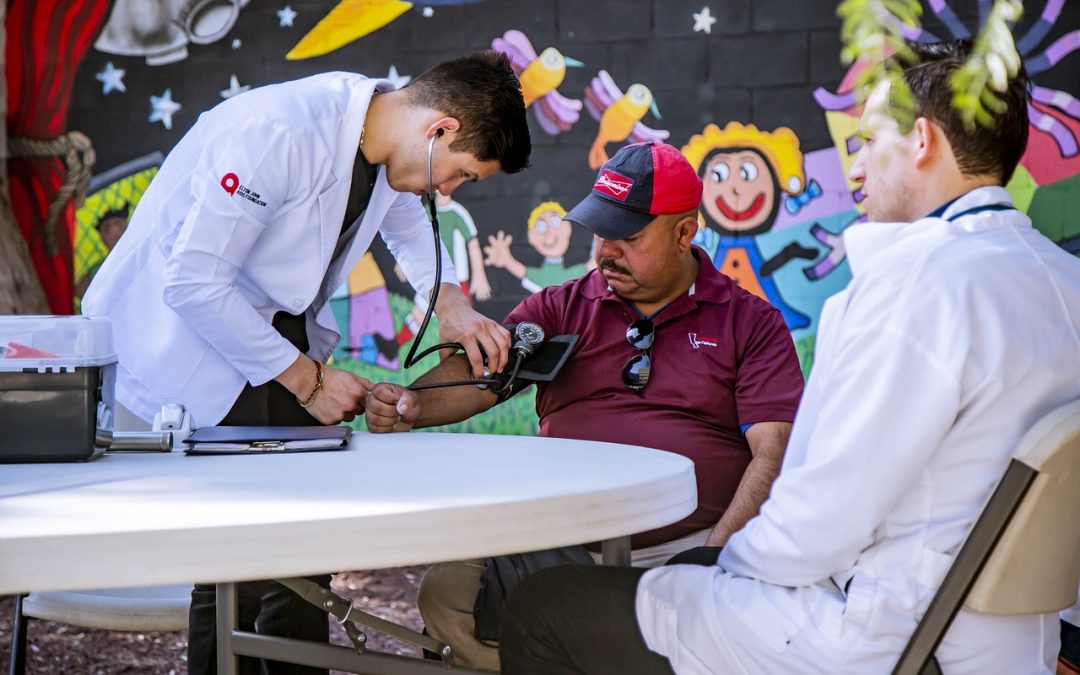One of my most regular pieces of advice when helping clients craft their messages and get them to their desired audience is: ‘talk to me like I am a 4-year-old’.
That does not mean patronize me – 4-year-olds are cleverer than we give them credit for. But instead, use language that a 4-year-old would appreciate and understand. It will be clearer and more to the point. Why use 30 words when 10 will do? By doing this simple exercise, the message will become clearer, be able to get to the audience faster and be better understood.
There was a story a few weeks ago about doctors being told to adopt a new policy of writing letters that are easier for patients to understand.
They are being advised to use plain English, avoid using jargon and to keep things simple. They are also being asked to write directly to the patient instead of sending them a copy of the letter they sent to their GP discussing their case.
Some would say, that this is all pretty straight forward. But for people who are custom to using jargon or long Latin names every day, it is easy to forget your audience and appreciate what they can or cannot understand. And let’s not forget that doctors or chemists or astronomers or any other science-related professionals have spent years, sometimes decades, entrenched in that language. It’s difficult to switch from one to the other. Having worked alongside doctors and scientists, I know how hard it can be for them to put their discoveries into layman’s terms (even the word layman might be difficult to understand for some people so maybe I should put ‘plain English’).
However in any profession the first rule of communications should be: know your audience. Who are you advertising to? Who are you trying to attract? Who are you trying to get your message to?
Once you know that the second rule should be: use the most appropriate language to speak to them so that they will understand your message and remember it. If your audience is used to long Latin words, then use them. If they are not, then don’t use them. If you use language that your audience doesn’t understand or use themselves, they will not take it in, will not remember the message and not carry out the action you want them to take. Whether that’s buy a particular product or in the doctors’ case, take a specific medicine.
It may sound simple and something that everyone should know. But if you’re trying to communicate a new message or a complex one, or a message that could be negative, it is easy to lose sight of that simple rule.
So, start by imagining you are trying to explain your message to a 4-year-old and the words will become clearer and more concise. If you need to adapt the message and make the wording more intricate, then go for it – as long as it’s what your audience wants to hear. But you might just find that the message you would use for a 4-year-old, is suitable for your audience.
Keep the message simple and to the point and the desired results will follow.
If you’re struggling to get your message to your desired audience let’s have a chat about how I can help you. Email me at [email protected]

Recent Comments